Tody Castillo Q&A: exploring the inspiration behind 'Old Rodriguez’
Tody Castillo holds many identities – artist, father, grandson, brother, Texan, skater — and with serenity and beauty he harnesses all their influence and experiences into his music.
Whether it was songs about “boy bathroom humor” in high school or the plights and wonders of adulthood, Tody has always written what he knows. This vulnerability and authenticity seeps through his music and is developed through rich storytelling and a compelling sound.
At every twist and turn, Tody infuses the influences of his life into his art to tell timeless truths of the human experience.
Nothing has proved the timelessness of Tody’s storytelling quite like the release of his newest album, Old Rodriguez, which he carefully crafted over the course of eight years. With themes about moving forward after loss, pursuing your dreams, and becoming a parent, this album inspires honesty, intimacy, and reflection, through a heartfelt collection of how it feels to love, lose and grow across time.
How would you describe your musical style in three words?
“Rock. Americana. Folky.”
What about your music gives it a unique sound?
Tody credits his unique sound to his voice and his songwriting. He said his voice is not “hard to digest” or “challenging,” and the honesty of his songwriting, while not a unique practice, is special to him because “it’s storytelling.”
“It's a nice blend of fiction and truth,” said Tody.
Who are your main musical influences?
The foundation of Tody’s musical taste came from his “music store nerd” parents. Their interest in Motown, rock, and country passed down to Tody as well as their “nerdiness” for music. When his parents let him buy his own stuff though, he went “straight to the hair metal at first,” with albums by Twisted Sister, Quiet Riot and Scorpions.
Later he gravitated towards Prince, U2 and REM.
Tody, who was born in Kingsville, Texas, and later moved to San Antonio and Corpus Christi, Texas, also took influence from his country upbringing.
“I always had this steady, bedrock of old country music like George Jones,” said Tody. “What I like to call the good stuff.”
Over the years, all of these exposures have melded together to shape Tody’s style and sound.
What inspires you to create?
From his first days of songwriting in high school, to the fourth full length album he is working on now, Tody is inspired by what he is experiencing at the time. The thoughts, feelings and events he encounters in his life become “the input” for his storytelling.
“Inspiration is just always there. It's just kind of what is in front of me at the time,” said Tody.
This record was first made in 2014, at a time when Tody was “transitioning from a young man into an adult dude,” so those experiences naturally inspired his writing.
“I didn't sit down and think ‘I'm gonna write a song about fatherhood and what it means,’” said Tody.
How does it feel to be on the other side of that time in your life and to hear these songs about those thoughts and experiences?
Even though these songs are new to the public, to Tody they have been around for a while. He said that whenever an artist goes back and listens to things they created in the past, there is always a concern that it will be embarrassing, but with this record that is not the case for him. Instead the overwhelming feeling when he listens to this record is sympathy and concern for his younger self.
“Listening back to this record… It feels heavy. I almost want to go put my arm around my younger self,” said Tody. “I'm like, ‘oh, dude, you took that one kind of hard – give me a hug.’”
What would you say are the main themes of this album?
“There's some big themes of growing up and coming of age,” said Tody. “Going from young man to adulthood and fatherhood.”
Tody said becoming a father is “kind of the theme of the record, but every song is not necessarily like a lullaby to it.” The theme is more focused on the “hard inner stuff that you go through,” during the transition, and is prevalent in the songs “Highway 59” and “What It Means To Be A Man.”
The song “10 People” is “centrally focused on what it's like to be an artist,” and its message presents another theme of the record.
“You might have only played to a handful of folks in an evening, but it's better than working some shithole job you hate,” said Tody.
The song focuses on not giving up and “choosing your happiness and your time over money.” For a while Tody saw it as his mission statement of the record.
What was the experience of self-producing this album like?
“I've never had a producer before, I've never had a hotshot, outside producer come in, and be like, ‘Okay, let's hear your songs. Here's what I think… this is what we're gonna do,’” said Tody.
Tody values having control over his production decisions and “really likes driving the ship.” For him, producing “has always been pretty easy” because it is about getting the arrangement the way he wants to make the song solid.
On this album, Tody did extend trust to Grammy-Award winning recording engineer, Steve Christensen who collaborated with him on this record to help Tody work through ideas and provide feedback. Steve doesn’t get producer credit, but Tody says they “keep each other in lane” and “challenge each other.”
“I really love what that dude does and his ideas and his sounds,” said Tody. “It's fun to be in the room with him, so I take the production credit for sure, but I owe a lot to Steve Christensen helping me with some tough decisions.”
What does “Airstreamer” as a song mean to you?
“Airstreamer” is the first song on the album, and it acts as a bridge between Tody’s last album, Windhorse, and his new album, Old Rodriguez.
Windhorse was a “heavy” album inspired by the sudden passing of Tody’s brother. “Airstreamer” carries on the conversation about his brother by reflecting on their times together as children and their transition into adulthood up until his brother’s passing.
To Tody, half of the song is about dealing with the feelings of love and nostalgia that comes with looking back on childhood, while the second half confronts the feeling of loss that came after his brother’s death.
The song opens with the words: “airstreamer, playing cards, drinking whiskey, living large on summer break. While the Talking Heads are playing low, while we think about girls from back home and how we love them.”
Growing up, Tody’s family had an airstream trailer and a cabin in the hill country of Texas. Tody and his brother would sit in the trailer and play cards, listen to Talking Heads cassettes “over and over” and drink booze, if they managed to steal some from their parents.
“It's like looking back on your childhood and remembering it fondly. Like, ‘gosh, is there a better time than that?’” said Tody.
The song continues into the next verse following the timeline of their relationship, detailing Tody’s move to New York City to pursue music while his brother lived in New Mexico.
“I was living in Manhattan, he was living in paradise. And so it shows that split, we're growing up now, we're going in different ways,” said Tody.
The song details the journey of their relationship and their departure from the “total innocence and freedom” of childhood, towards the greater difficulties of adulthood.
“You're checked with reality at some point and his passing was that for me,” said Tody. “How do you get out of that, you know, how do you save yourself from that? … and it says that at the end of the song, ‘how to save yourself from a distant love.’”
Are there any lines in “Airstreamer” that particularly stand out to you or that you are most proud of?
Tody’s favorite line in “Airstreamer” is: “I don’t remember what you said, but I remember how you said it, it broke my heart.”
It holds a lot of weight for him as it discusses “real notions” of encountering separations and breakups, experiencing the passing of people, and moving from youth to adulthood, and because the line shows “just how strong our words can be.”
“You don't even have to remember what was said to you, but you can feel the intent,” said Tody. “You can remember how it was said, and how much weight that can carry.”
What does “Airstreamer” bring to this record as a collective work?
Tody said “Airstreamer” is heartfelt, honest and “brings a tremendous start to the record.”
“It’s a nice drumroll for what’s about to begin,” said Tody.
The song starts quiet, builds in the middle and then resolves, in a way that, Tody said, makes it a “launch pad” for the next song, “March For Miles.”
Tody regards “Airstreamer” as one of his best songs, and he almost named the record after it.
“It just brings that stability, I really feel like it just sets the tone,” said Tody.
What ultimately made you name the record Old Rodriguez instead of Airstreamer?
“I tried for a long time to find the title for this [album] and I couldn't, but I remember thinking this song right here is great man,” said Tody. “It says a lot, and it's got a cool title, too.”
Tody said “Old Rodriguez” is more of a statement and is a journey all on its own.
“It shimmers a little funkier arrangement wise,” said Tody.
Funnily enough though, despite the title and song being about Tody’s grandfather, Rodriguez is not his family name — it is Perez.
“Old man Perez doesn’t roll,” said Tody. “Old Rodriguez has a roll to it … it blows out easier, so that's the fun part about fiction. You just make stuff up.”
“If a song is about somebody you're writing about, it doesn't have to be their name. And typically, chances are, their name is not going to flow with what you're trying to do.”
What do you hope listeners take away from this album?
When Tody listens to a record he is always after a few things — he wants it to not be too long, he wants to like all the songs and he wants it to feel like a movie. He hopes to achieve the same experience for his listeners.
“I want somebody to listen to it and say, ‘Man, that was really nice. That was really pretty. That was a nice body work, and it all made sense,’” said Tody.
What are your musical plans for the next 12 months or so?
Tody’s goal for the near future is to get out on the road and play shows on a regular basis again.
“If you're a musician and you’re not playing live on the regular, it hurts,” said Tody. “You can say it doesn’t hurt, you can say you don’t miss it, but if it lives inside of you and you did that for years and years, it’s not a good thing to get away from.”
Tody is currently working on his 4th full-length album and in the next 12 months, he wants to have the record done.
“I move really slowly, but I’ve got some really nice pieces in place and I’m feeling really excited about the next one,” said Tody.
And to document it all along the way, Tody also wants to get better at using social media and, as he says it, “putting shit on the internet.”
Tody Castillo’s 3rd full length album, Old Rodriguez, is out now via Strolling Bones Records – order and listen here.


